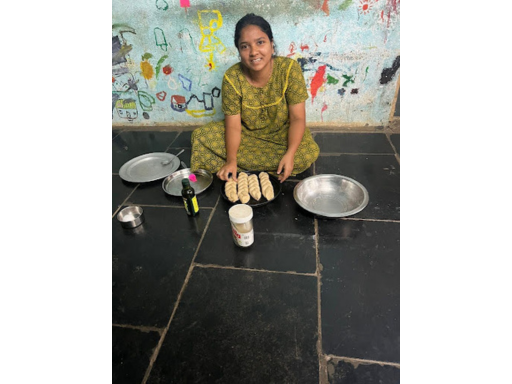India – Bene Ephraim
The Bene Ephraim are a small Jewish community in Kotta Reddy Palem, a rural village in India’s southeastern Andhra Pradesh state. They claim a lost tribe heritage, tracing their origins to Afghanistan. Since the 1980s, they have been building Jewish knowledge and practice, maintaining Shabbat, circumcision, and dietary laws despite economic hardship. Their synagogue is built adjacent to the home of community leader Sadok Yacobi, his wife Miryam, and daughter Keziya. Services are held in Hebrew and Telugu each Shabbat with participation made easier thanks to Keziya’s Telegu transliterated prayer books. Women take active roles in prayer, leading songs, and taking aliyot at the Torah.

Location
Kotta Reddy Palem, Andhra Pradesh

Local Industries
Buffalo farming, chicken farming, agriculture

Community size
Small (About 40 Families)

Languages
Telugu, English

Kulanu Support Since
2017
Discover Brazil
A Resilient Community Reclaiming Its Roots
The Bene Ephraim trace their heritage back centuries, though their Jewish identity was largely lost due to historical pressures. In the 1980s, they began rediscovering their traditions, incorporating Jewish learning and practice into daily life. Their homes are adorned with Jewish symbols, and they have embraced Hebrew prayer while maintaining their local Telugu language in religious services.
Challenges and Daily Life
Life in Kotta Reddy Palem is difficult. As members of the Madiga and Dalit (“untouchable”) castes, the community faces social and economic hardships. Safe water is available from a government pump only twice daily, electricity is unreliable, and most families work in agriculture. Still, they prioritize hospitality and mutual care, sharing resources and supporting those in need. Their goal is to improve their quality of life through small business ventures, including buffalo and chicken farming, while maintaining their Jewish identity.
Kulanu’s Support
Kulanu has played a vital role in the community’s growth, providing prayer books, ritual items, and a sefer Torah. A laptop with internet access has become a central tool for Jewish learning, supplemented by a large screen for group learning, helping the community connect with global Jewish resources. Solar panels installed on the synagogue’s roof supplement the unreliable local power grid, and Kulanu has also supported agricultural initiatives to help the community achieve economic stability.



